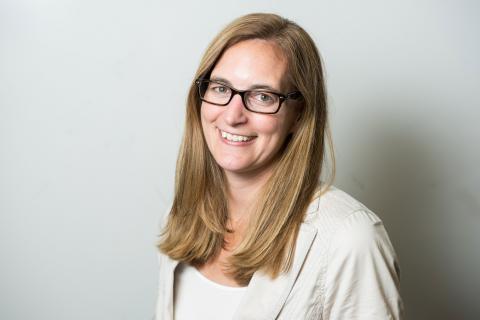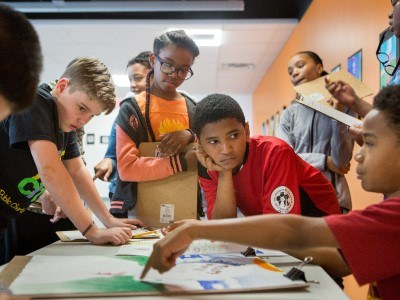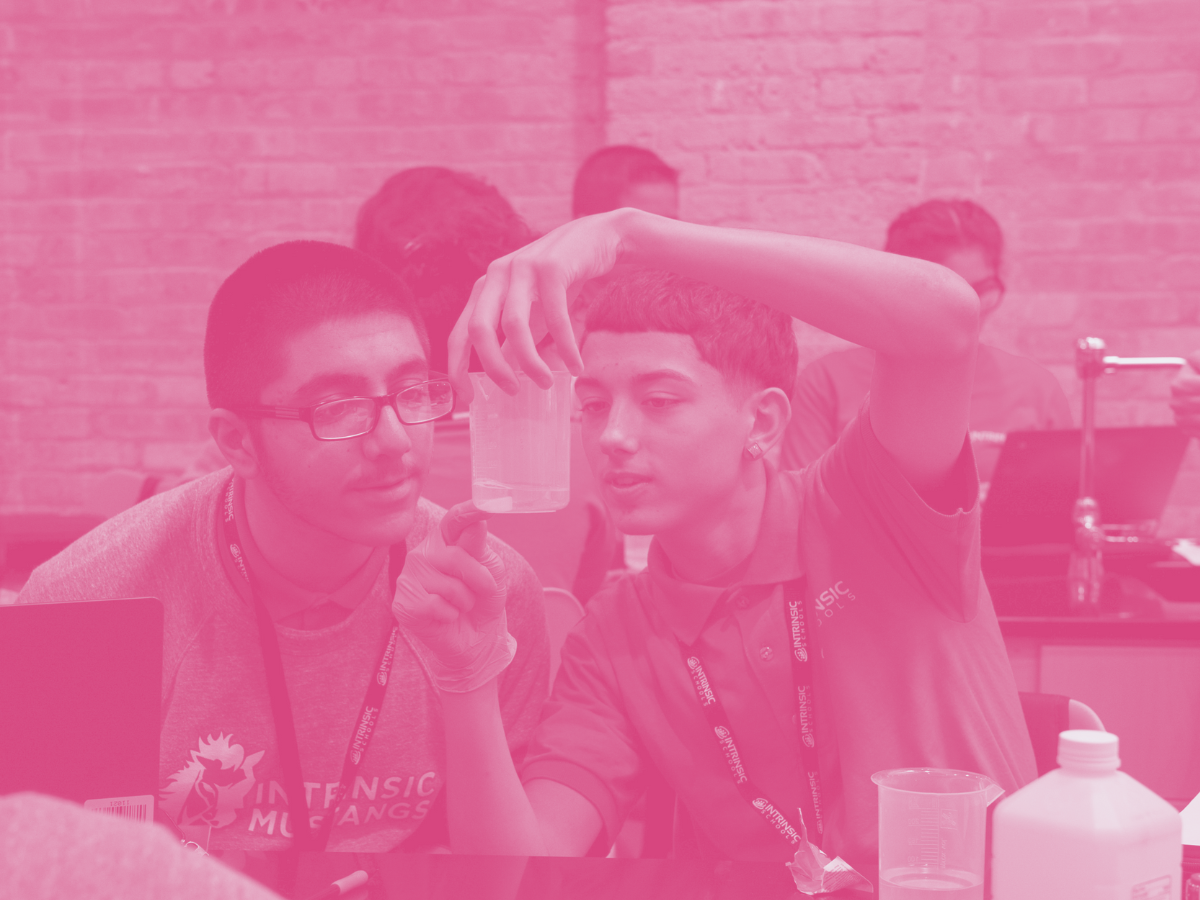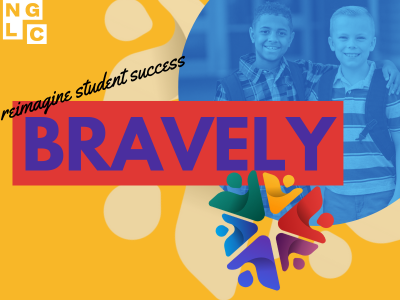Professional Learning
Next Generation Learning Today: Teacher Perspectives, Student Gifts, New School Designs
Topics
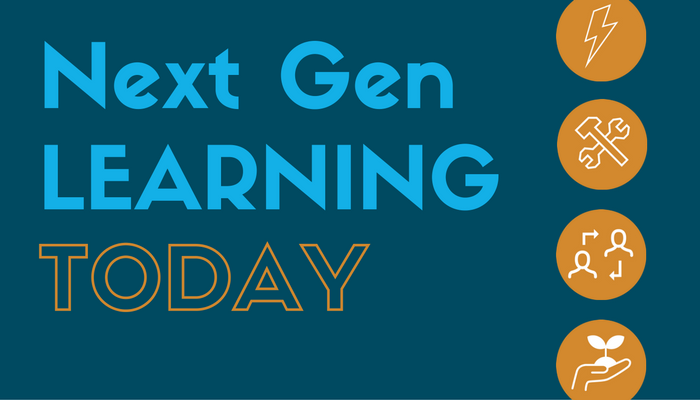
Educators are the lead learners in schools. If they are to enable powerful, authentic, deep learning among their students, they need to live that kind of learning and professional culture themselves. When everyone is part of that experiential through-line, that’s when next generation learning thrives.
A new blog space by and for next generation educators, the unique gifts of learners, and other relationship-centered approaches to change.
Next Gen Learning in Action on EdWeek
We are incredibly excited to announce the launch of our new blog, in partnership with Education Week, Next Gen Learning in Action. This blog will showcase stories from field-based innovators around the country who are reimagining education through whole school design, grounded in the transformation from “schooling” to “learning.” The blog will feature stories from the perspective of practitioners, as well as insights from experts and partners supporting this work, and serve as a hub of curated resources for educators and school leaders who may be interested in doing things differently or in whole school design, but simply don’t know where to start. Read the first posts in the new space:
Vista Unified Sets Sights on Personal Learning 2.0: Powerful Performance Frameworks
Personal learning is now our new normal. Accordingly, we are in the process of transforming the way the school district supports a student-centric orientation to education. At Vista Unified, we have learned that personal learning doesn't just happen in the classroom—it requires a thorough reimagining of the district model to support full transformation.
Defining Personalization: Students As Agents and Teachers As Coaches
The thing about personalization that often gets lost in the larger conversation about the value of personalized learning is that there isn't one model; rather, the models that work are as unique to the school communities as they are to the students in those classrooms. Below are a few examples of schools that have embraced personalized learning, to give greater context to how a school embracing personalization could be organized and how learning happens.
What Do Personalized Learning Schools Have in Common?
There's no doubt that this form of personalization is full of challenges, but schools pursuing personalized learning across the country are already demonstrating it may be well worth the effort. Three challenges worth our effort to collectively solve are the limitations of today's technology, the structures pushing against mastery-based progression, and a legacy of "learned helplessness" for students. We believe in the value gained from taking on the challenges.
Coming up: Posts from Boston Public Schools on innovation, Matchbook Learning on competency-based learning, Thrive Public Schools on communities of belonging, Montessori for All on cultivating a broad set of success skills, and more. Follow the blog so you don’t miss a beat.
More Teacher Perspectives
Teachers at ISTE Share Their Definitions of Personalized Learning...and They’re All Different, EdSurge
We asked attendees what the word “personalized learning” means to them, and what their idea of an ideal “personalized” classroom looks like. The diversity of opinions might surprise you.
When Teachers Work Together to Personalize Learning, Next Gen Learning
This approach to growing next gen learning—educators connecting with their peers—has become a central tenet of NGLC’s vision. It is a guiding principle for the way we support the educators who are reimagining public education. In Teachers Don’t Need to Go It Alone on Personalized Learning, Betheny Gross of the Center for Reinventing Public Education (CRPE) highlights how teachers are working together in Colorado and New Orleans to “network and support each other in the effort to radically remake the classroom.”
The Possibilities for Next Gen Professional Learning, Next Gen Learning
We think of next gen professional learning as essentially next gen learning for teachers—reflecting the same design principles as next gen learning for students—and, importantly, in service of facilitating next gen learning for students. This notion was reinforced by many responses in the survey, such as this one: “We recognize most educators haven’t experienced PL [personalized learning] or CBL [competency-based learning], therefore we need to use professional learning as one of the ways we train and engage our adults to create new learning experiences for our students.”
Centered on Students
Getting to Equity Through the Unique Gifts of Learners, Learning Deeply on EdWeek
Joseph Campbell advises us to "follow our bliss," to find what resonates—explore it, trust it and live it. Bliss is an on-ramp to "all in" levels of learner engagement and growth. If resonance helps us learn more deeply, develops our strengths, and builds confidence and community, how might we engage young people to recognize and trust their own experience of resonance? What if our notion of equity provided opportunity for all students to follow their bliss?
American Education: Images of Teachers and Students in Action, Deeper Learning for All
Looking for images of students and teachers for your publications, videos, and websites? This gallery contains nearly 300 original print-quality images of actual preK–12 students and teachers engaged in authentic learning activities. You are welcome to use these royalty-free images under the Creative Commons Attribution-NonCommercial 4.0 license (CC BY-NC 4.0).
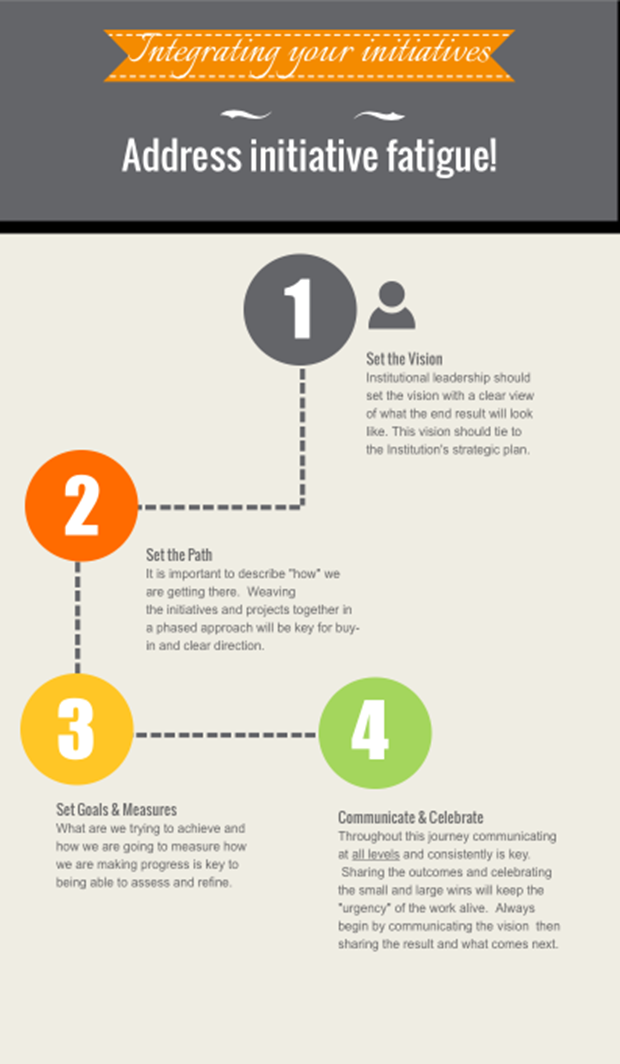
Want Real Ed Reform? 5 Ways Students Should Be Included, Next Gen Learning
As a graduate journalism student over 20 years ago, I worked on a thesis project centered on education reform news reporting. I was analyzing how often education reporters included students in their stories about education. Probably no surprise….it was almost non-existent. Traditionally, no entity has ignored their primary customer, consumer or constituent more than education with students. I was fortunate enough early on as a beginning teacher to discover the power of student voice and student-generated ideas. Throughout my career, I have always benefited from asking my students what they thought, what they are interested in and where would they like things to go.
Commentary on New School Design
Engaging Communities in New School Design: Lessons from Cleveland Metropolitan School District, Springpoint’s The Launch Pad
We think about our community collaboration work broadly. The main mechanism is an advisory committee—one for each school—that meets in advance of a school’s launch. Each committee includes the principal/design leader, district support staff, parents, and students. We also invite external community members like faith-based leaders, business leaders, philanthropic partners, and potential partners. Transformative change requires transformative relationships.
8 Keys to Designing Tomorrow’s Schools, Today, EdSurge
Those experiences have sharpened our desire to prepare this generation of students to become successful citizens in a global society by putting to rest the weary industrial model of education and shifting to a more personal approach. This is hardly some idealistic, utopian dream. Based on all that is known about how students learn, the predictions for the world they will face after graduation and the vast disparities of opportunity and privilege that have existed for centuries, we believe that continuing to use a traditional, one-size-fits-all approach to teaching and learning amounts to educational malpractice.
An Integrated Approach to Academic and Social Supports, Getting Smart
This second publication, An Integrated Approach to Academic & Social Supports: A Case Study on Increasing College Readiness through AVID, features the program Advancement Via Individual Determination (AVID, @AVID4College), which provides strong academic and social supports that prepare students for college and create a school-wide culture of college readiness.

